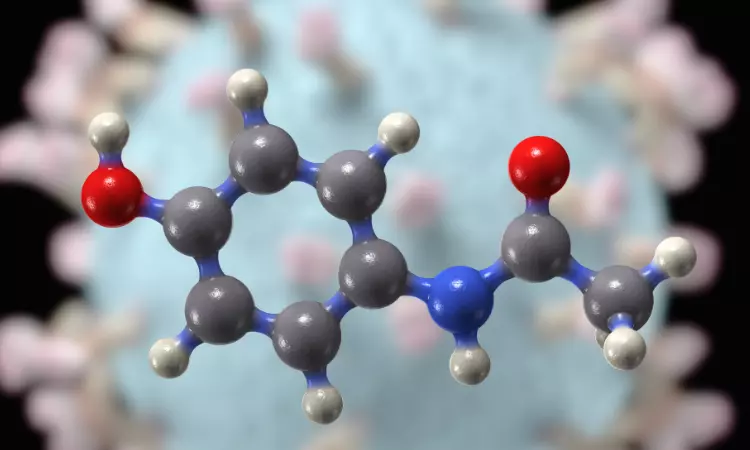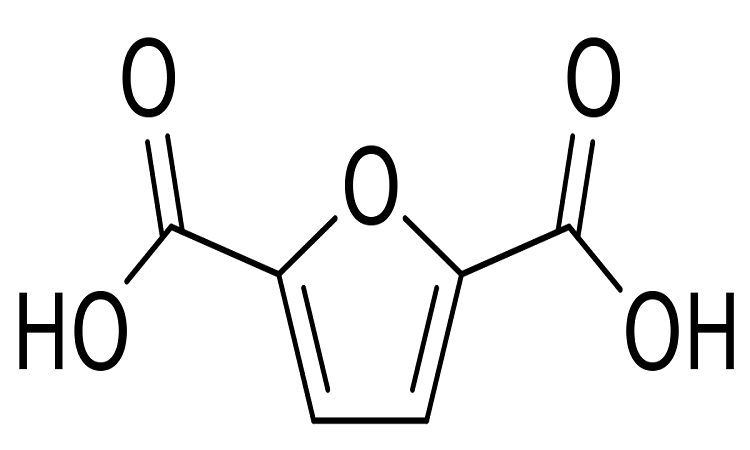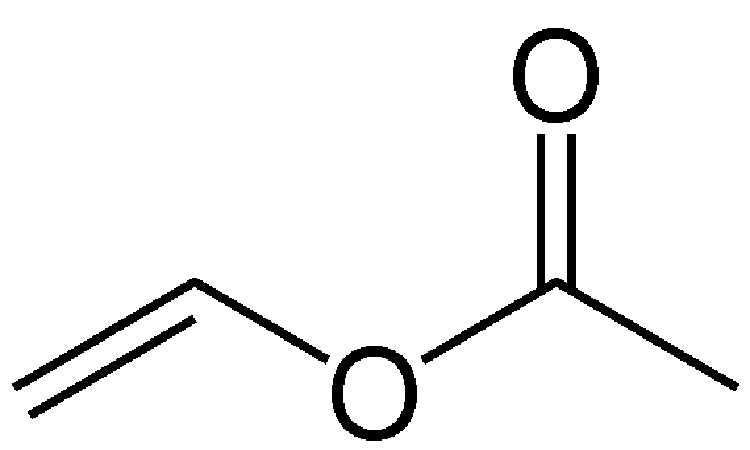Procurement Resource Analyses the Production Cost of Silicones in its New Report
Analyses Overview of The New Production Cost Report of Silicones
The new report by Procurement Resource, global procurement research, and consulting firm, looks in-depth into the costs involved in the production of Silicones. The comprehensive report analyses the production cost of the material, covering the raw material costs and co-product credit, equipment costs, land and site costs, labour wages, maintenance costs, financing charges, and depreciation costs. The extensive study describes the stepwise consumption of material and utilities along with a detailed process flow diagram. The report also assesses the latest developments within the industry that might influence Silicones production cost, looking into the capacity expansions, plant turnarounds, mergers, acquisitions, and investments.
Product Definition:
Silicone, also known as polysiloxane, is a polymer made up of repeating silicon and oxygen chains. Inert synthetic compounds such as siloxanes, which are silicon and oxygen atoms with carbon and hydrogen, are used to make these polymers. Silicones are used in sealants, adhesives, lubricants, medicine, culinary utensils, thermal insulation, and electrical insulation. Oil, silicone grease, silicone rubber, silicone resin, and silicone caulk are the most common varieties.
Factors Impacting the Silicones Production Cost:
Silicone rubber is a non-poisonous raw material that is generally employed in the food industry. Its remarkable characteristics make it perfect for steamed or sterilised seals and gaskets. Because of its strong electrical resistance, it is also employed in the electrical and electronics sectors. In addition, silicone is applied in personal care commodities, deodorants, and cosmetics since it has a soft texture, low surface tension, and anti-frothing properties, and it does not hurt the skin. Over the projected period, heightened government regulatory mediation across the value chain, i.e., raw material, production process, and allocation of several categories of silicone manufactured goods to their end-use purposes, is anticipated to have an influence on silicon prices in numerous end-use industries. These reasons are likely to control the production cost of Silicones.
Procurement Resource Assessment of Silicones Production:
The production cost report by Procurement Resource assesses the production of Silicones from silica. The first step in this process is to separate silicon from silica. This is accomplished by heating a substantial measure of quartz sand to temperatures of up to 1800 degrees Celsius. Because of this natural, solitary silicon is formed, which is then cooled and crushed into a fine powder. To get silicone, fine silicon powder is blended with methyl chloride and heated up once again. The two elements respond to heat, causing the creation of methyl chlorosilane. Methyl chlorosilane is made up of a number of compounds, the most significant of which is dimethyldichlorosilane, which is the main silicone component.
Also Read – Silicone Elastomers Production and Silicone Fluid Production
A refined and modern distillation technique splits the distinctive components of the methyl chlorosilane to transform dimethyldichlorosilane into silicone. Because the boiling points of various chlorosilanes vary, this may be accomplished by heating the mixture to a succession of exact temperatures. After distillation, water is added to dimethyldichlorosilane, causing it to split into disilanol and hydrochloric acid. The disilanol is converted to polydimethylsiloxane as a result of the hydrochloric acid acting as a catalyst. The siloxane bond, which is the backbone of silicone, is found in polydimethylsiloxane. Following that, the silicone is polymerized to get the desired qualities of the finished product. As a result, silicone has become one of the most widely used elastomers in both commercial and industrial applications.
About Us:
Procurement Resource ensures that our clients remain at the vanguard of their industries by providing actionable procurement intelligence with the help of our expert analysts, researchers, and domain experts. Our team of highly seasoned analysts undertake extensive research to provide our customers with the latest and up-to-date market reports, cost-models, price analysis, benchmarking, and category insights, which aid in simplifying the procurement process for our clientele. We work with a diverse range of procurement teams across industries to get real-time data and insights that can be effectively implemented by our customers. We also track the prices and production costs of an extensive range of goods and commodities, thus, providing you with the updated and reliable data. We, at Procurement Resource, with the help of the latest and cutting-edge techniques in the industry, help our clients understand the supply chain, procurement, and industry climate, so that they can form strategies which ensure their optimum growth.
Contact Us:
Company Name: Claight Corporation
Contact Person: Chris Smiths
Email: sales@procurementresource.com
Toll Free Number: USA & Canada: +1-415-325-5166 | Europe & Africa: +44-702-402-5790 | APAC: +91-8586081494
Address: 30 North Gould Street, Sheridan, WY 82801, USA
Blog – https://procurementresource.blogspot.com/
Website: https://www.procurementresource.com/



